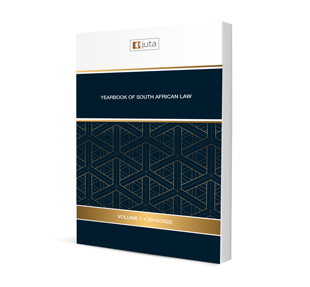Abstract
No physician who performs a legitimate medical operation on a patient commits a criminal offence or a delict. This is so in spite of the fact that infringement of the bodily integrity of another person is seen as both a crime and a civil wrong. Notwithstanding the fact that the patient may desire the operation, the defence of consent cannot possibly justify the serious injuries intentionally inflicted in the course of, say, an amputation, since this procedure is highly invasive and effects irreversible changes to the patient’s physicality. The so-called medical exception is consequently invoked to preclude prosecution of medical practitioners who carry out procedures that involve serious wounding. Quite where the justification for the medical exception lies, remains controversial. The exception has long been justified axiomatically – by reference to the existence of surgery as a profession – or has otherwise been held to be sui generis. Herein, however, it is submitted that its basis in Scots jurisprudence can be found through consideration of the etymology of the word “injury” as applied as a term of art in Scots law. At its core, the crime/delict of “injury” is connected to the Roman notion of iniuria, which served to preserve and uphold the boni mores – good morals. Conduct that contumeliously affronted the dignity of a person could clearly be classified as contra bonos mores, but it is apparent that iniuria may be effected even in instances where there could be no subjective affront to the individual person. This, it is submitted, rationalises the medical exception: “Proper medical treatment” is not contra bonos mores and so cannot be said to amount to injury or assault. Hence, the framing of the medical exception as such in Scots law is incorrect. The so-called exception is, rather, a necessary consequence of the conceptual understanding of the terms “assault” and “real injury” in Scottish jurisprudence.



